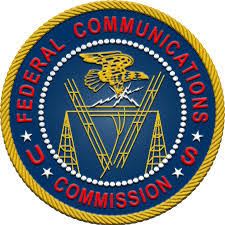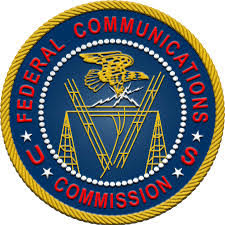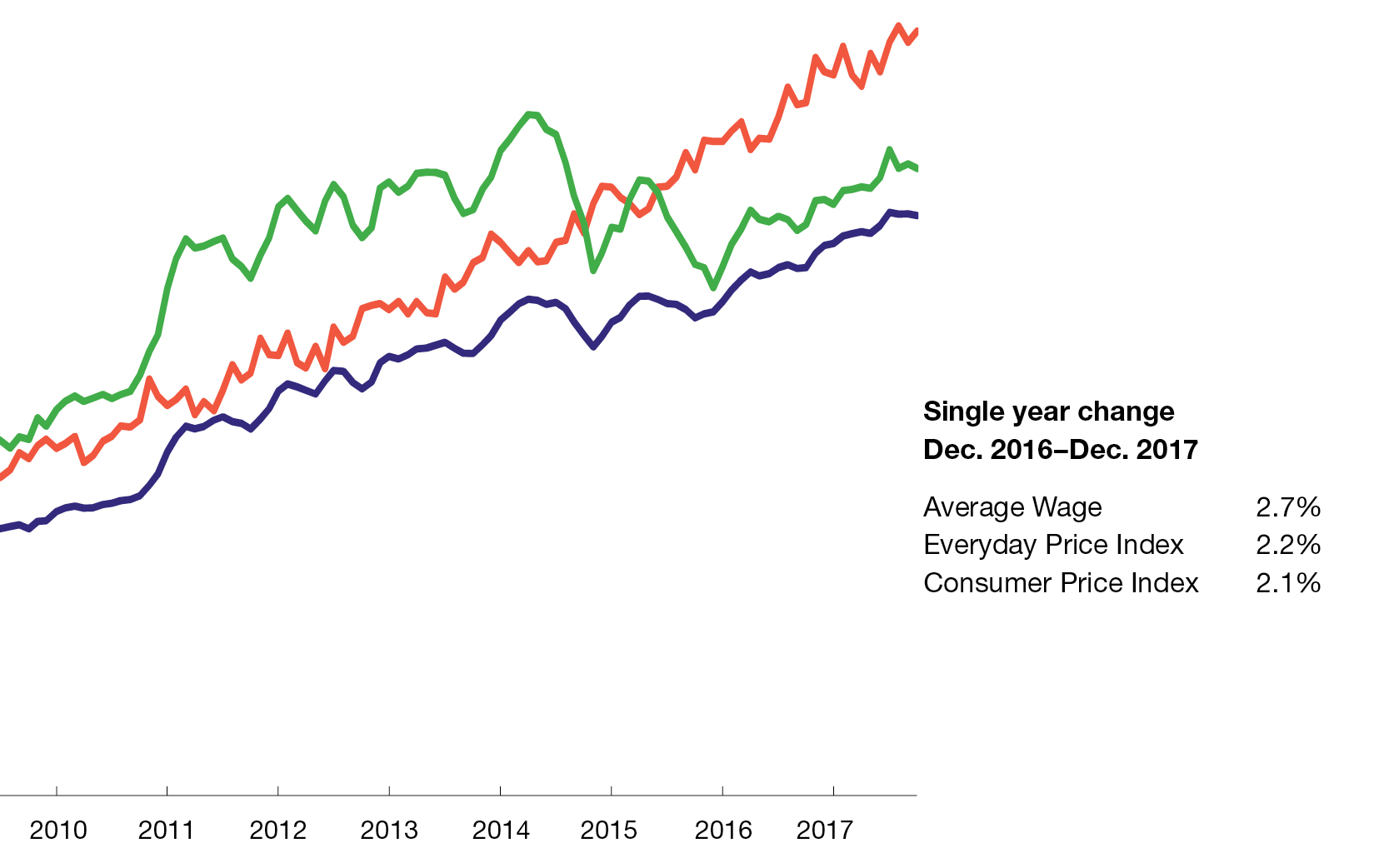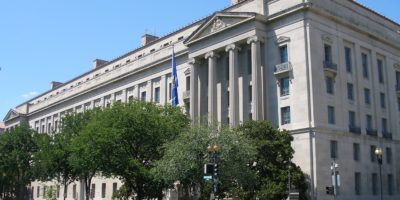End Net Neutrality

On December 14, the Federal Communications Commission will vote on a proposal to eliminate the Obama-era internet regulation known as net neutrality. This is, as Wikipedia defines it, “the principle that Internet service providers must treat all data on the Internet the same, and not discriminate or charge differently by user, content, website, platform, application, type of attached equipment, or method of communication. For instance, under these principles, internet service providers are unable to intentionally block, slow down or charge money for specific websites and online content.” (This is not how the coiner of the phrase defined it.)
Internet service providers oppose net neutrality, while large content producers tend to favor it.
On its face, net neutrality seems like a good idea. Most internet users certainly want easy, open access — at a low price if any price at all — to all that this amazing constellation of services has to offer.
But appearances can deceive. For one thing, the original Obama rule “has little to with ‘net neutrality’ at all,” Mercatus Center policy analyst Andrea O’Sullivan writes. (For the reasons, see this.) Moreover, a seemingly beneficial regulation is still a regulation — that is, an exercise of coercive monopolistic government power. We have had too much experience with such power, featuring the law of unintended consequences, regulatory capture, and mission creep, to be lulled into thinking the state can deliver higher value and lower prices than the competitive market.
Admittedly, the internet does not exist in a purely free market. “Proponents of net neutrality are typically worried about the monopoly and pricing power held by cable companies and other internet service providers,” economist Tyler Cowen writes. “Options for access, however, are improving. Cellphone service is falling in price, smartphones are growing in size and quality, and Wi-Fi connections are all over the place. That said, a lot of monopoly power remains. But look at it this way: Those monopolists don’t want to distort the consumer experience too much, so they can keep charging high prices.”
Moreover, high profits attract, not repel, rivals, and ingenuity can circumvent regulations. Necessity is the mother of invention, potential competition always lurks.
Trump-appointed FCC Chairman Ajit Pai is behind the regulatory rollback. He condemns the current rules because of their preemptive nature, prescribing conduct rather than waiting until consumers are harmed. A few years ago, when Pai was a commission member, he and Joshua Wright, a member of the Federal Trade Commission, warned against government rules that lock in a way of doing business. “Allowing new business models is critical to promote competition, particularly from smaller providers and new entrants,” they wrote. “These entrepreneurs need the flexibility to experiment with different service plans so they can stand out from their larger competitors. Imposing a one-size-fits-all mandate from Washington would burden them, help the larger incumbents, reduce competition and stifle innovation.”
Pai notes that “the first investigations that the prior FCC initiated under these so-called Net Neutrality rules were involving free data offerings” (emphasis added). “To me it’s just absurd to say that the government should stand in the way of consumers who want to get, and companies that want to provide, free data.”
Pai also points out that the regulations have curtailed innovation: “Since the dawn of the commercial internet, ISPs have been investing as much as they can in networks in order to upgrade their facilities and to compete with each other. Outside of a recession we’ve never seen that sort of investment go down year over year. But we did in 2015, after these regulations were adopted.” The 6 percent drop stems from regulatory compliance costs and what Robert Higgs calls “regime uncertainty.”
Another critic of net neutrality, communications economist Thomas Hazlett, reminds us:
The old Ma Bell monopoly was, ironically, a regulated common carrier. It suppressed competition right and left. Regulators aided and abetted. Consumers were abused, leading the U.S. Department of Justice to file a famous antitrust suit in 1974.…
This constituted both a teachable moment and a turning point. Policy makers began to open markets, embracing new freedoms. Disruptive innovations were unleashed. CompuServe, Prodigy and AOL discovered latent consumer demands. Soon, unregulated cable TV operators were forging radically improved broadband networks — regulated local exchange carriers had dithered — and emerging high-speed services transformed the internet.
Still, not until deregulation — a 2004 FCC ruling called “the Pulver Order” — was voice-over-Internet possible. Jeff Pulver, the entrepreneur behind Free World Dialup, Vonage and the Pulver Order, states flatly: “No one seems to realize (that) Skype, FaceTime and the myriad of other voice applications of IP networks almost did not happen and would not have happened had the Title II (common carrier) regime applied to IP networks.”
Competition, F.A. Hayek wrote, is a “discovery procedure.” We can’t be sure in advance what strategies will deliver maximum value to consumers because knowledge is too dispersed and fragmentary. Trial and error are indispensable to learning. Who’s to say that differential pricing (congestion pricing, for example) won’t produce great consumer enhancements? As Hayek taught, if we knew the outcome of the competitive process, the pragmatic case for it would disappear:
It is useful to recall that wherever we make use of competition, this can only be justified by our not knowing the essential circumstances that determine the behavior of the competitors.… I wish now to consider competition systematically as a procedure for discovering facts which, if the procedure did not exist, would remain unknown or at least would not be used.…
Competition is important only because and insofar as its outcomes are unpredictable and on the whole different from those that anyone would have been able to consciously strive for.
Alas, even if net neutrality goes away, the government will still oversee internet business competition through the Federal Trade Commission’s antitrust authority, and the FCC will require full transparency on the part of ISPs.
Cowen says that even under pessimistic assumptions, the world wouldn’t come to an end if net neutrality ended. And as Nick Gillespie of Reason.com writes, “First and foremost, the repeal simply returns the internet back to pre-2015 rules where there were absolutely no systematic issues related to throttling and blocking of sites.”







